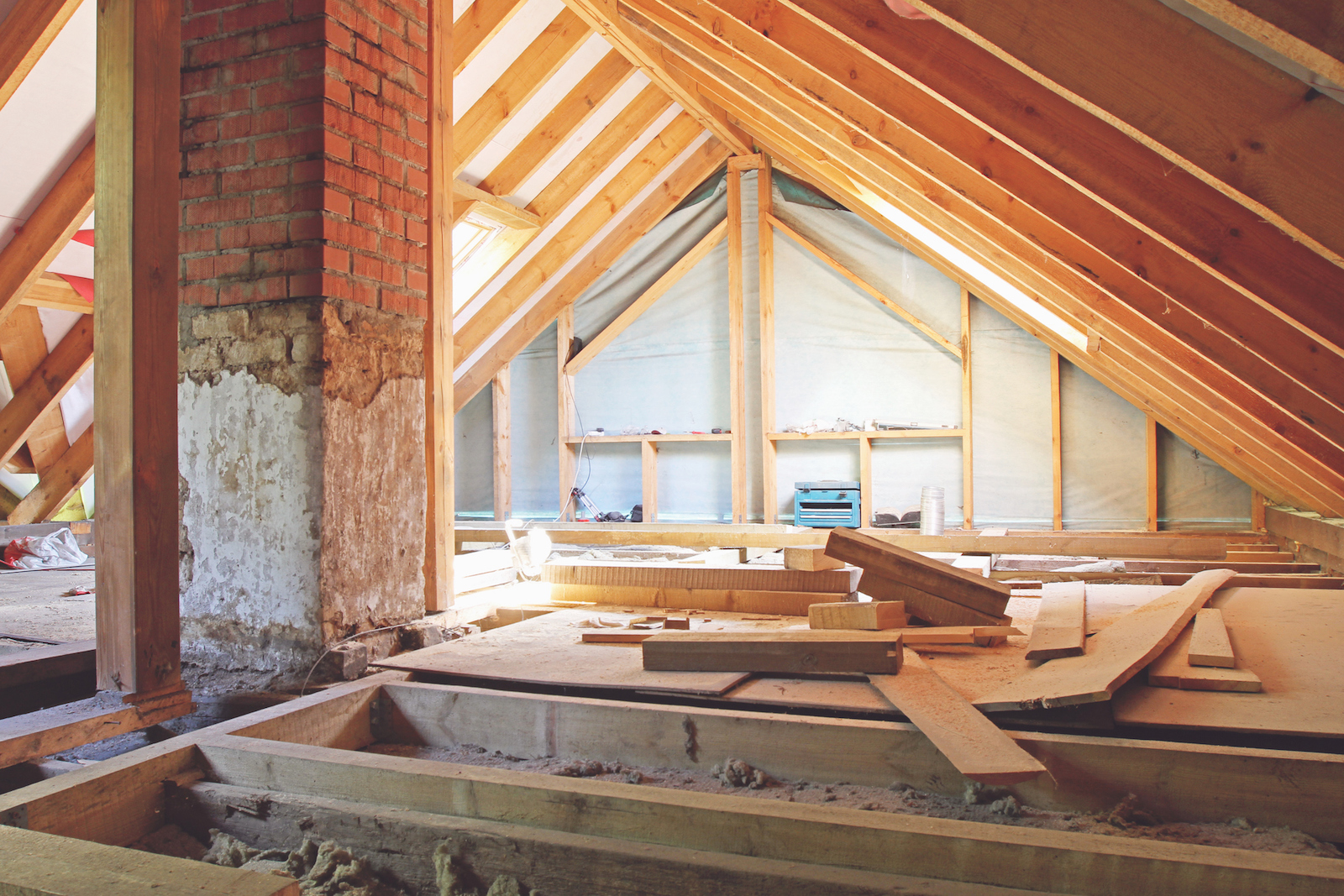There is little doubt that most energy efficiency improvements, including solar panels, are good long-term investments and that the demand for them is growing. However, the initial cost of installing improvements has proven to be a stubborn obstacle. One way that local governments have addressed this obstacle is through Property Assessed Clean Energy (PACE) loans. Currently, 33 states have passed laws enabling these loans, mostly for commercial buildings. California, Florida, and Missouri are leading the way with residential PACE loans. Missouri has seen PACE loans meet critical needs through job growth, improved infrastructure and home improvement projects. Other states may soon enable PACE as well.
The idea is similar to one used for decades by local governments. They sell bonds, invest the money in local infrastructure and then pay off the bonds with revenue generated from the higher tax receipts resulting from the improved infrastructure. In the case of PACE loans, the money is invested in homes or businesses that repay the loan with energy savings.
A recent report on the California experience shows that PACE loans increased solar electric system deployment by 7-12% from 2011-2015. It also implies that the majority of solar installations financed by residential PACE loans would likely have not occurred without this financial support.
Because PACE loans are secured by property liens, there has been concern that borrowers might not be able to pay back the loan, which undermines the ability of the local government to pay off the bonds and harms mortgage lenders. A new report indicates that this fear is unfounded. This is good news for both the buyer and the growth of zero energy home movement.
The available data in the report “shows strong performance with very low delinquency levels around 2% to 4% at the peak declining to less than 1% within 12 months,” according to the report authors. “PACE delinquency metrics are lower than general aggregate property tax and single-family residential only property tax delinquency levels. PACE also shows consistent performance and very low volatility across tax years.”
“This report shows that PACE is working well for American families,” said Cisco DeVries, CEO of Renew Financial, a PACE loan provider. “We’ve put consumer protections at the heart of our company since our founding. The very low delinquency rates in this report show that PACE financing is a great way to safely and effectively make important home improvements. And new consumer protections and oversight will only make PACE – already one of the most successful energy efficiency financing programs in history – even better for homeowners.”
There are two possible reasons for the stability of the PACE loans. Homeowners use the loan financing to invest in their properties. Because energy efficiency improvements reduce costs, borrowers free up money in their monthly budgets that can be used to make loan payments.
The report, titled “Residential PACE Delinquency Trends”, was produced by DBRS, Inc.

